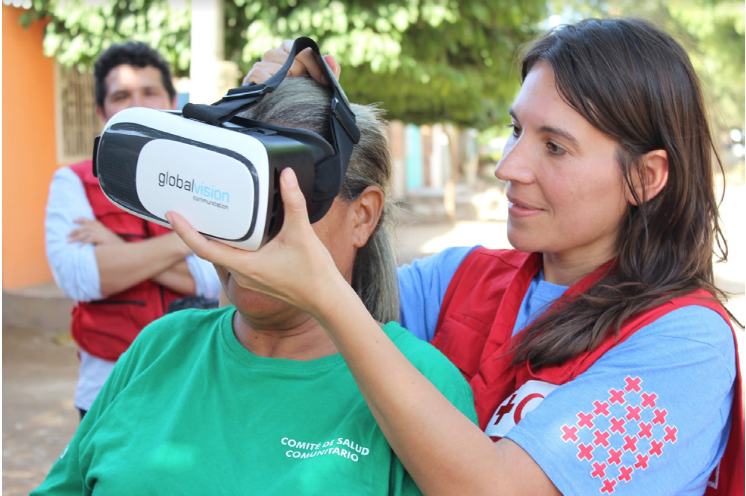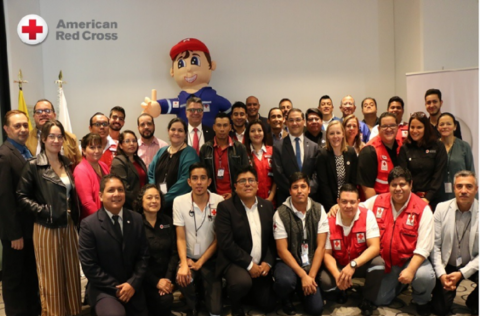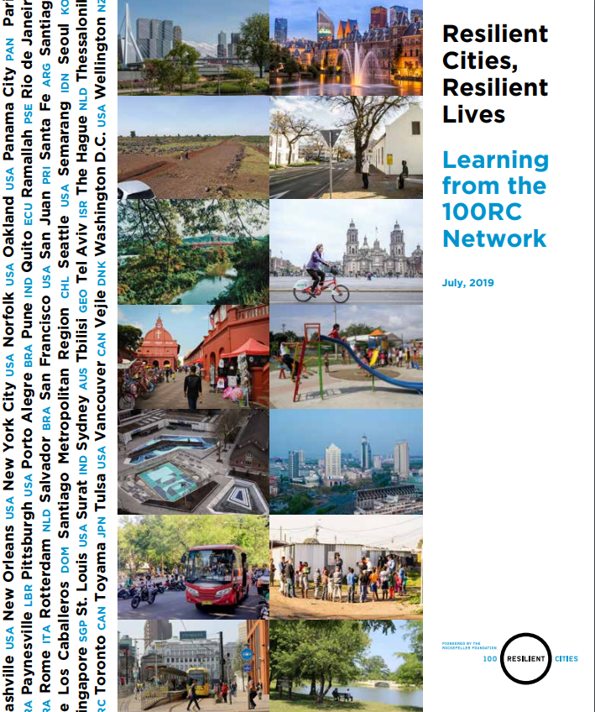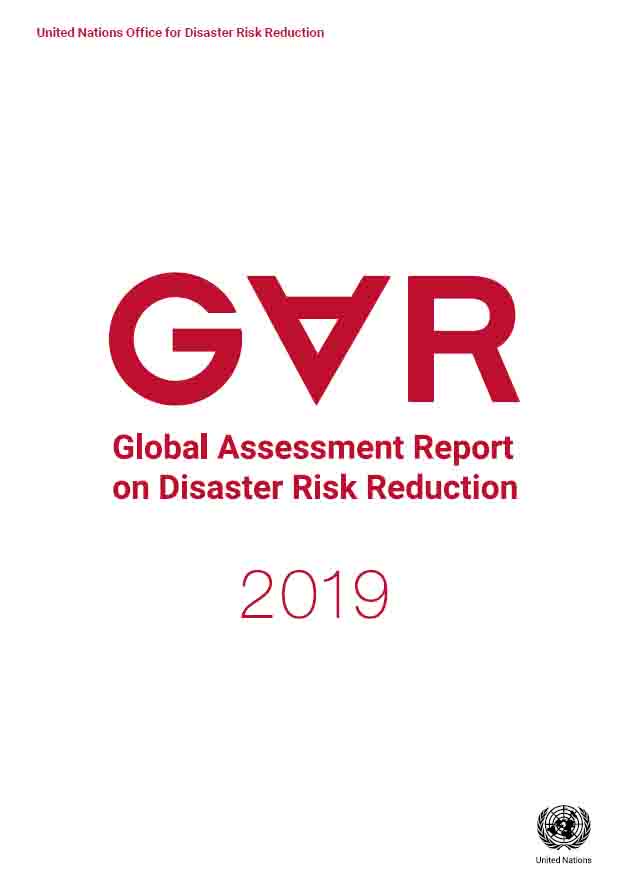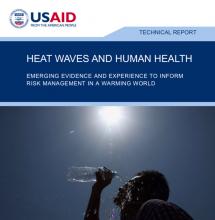ZIKA360
ZIKA360 is an innovative learning tool aiming to bring a new approach to the fight against the Zika virus. By combining two experiences, a virtual reality film and an augmented reality app, the project tackles the topic of disease transmission prevention as well as community engagement from the angle of innovation. The project was created […]

